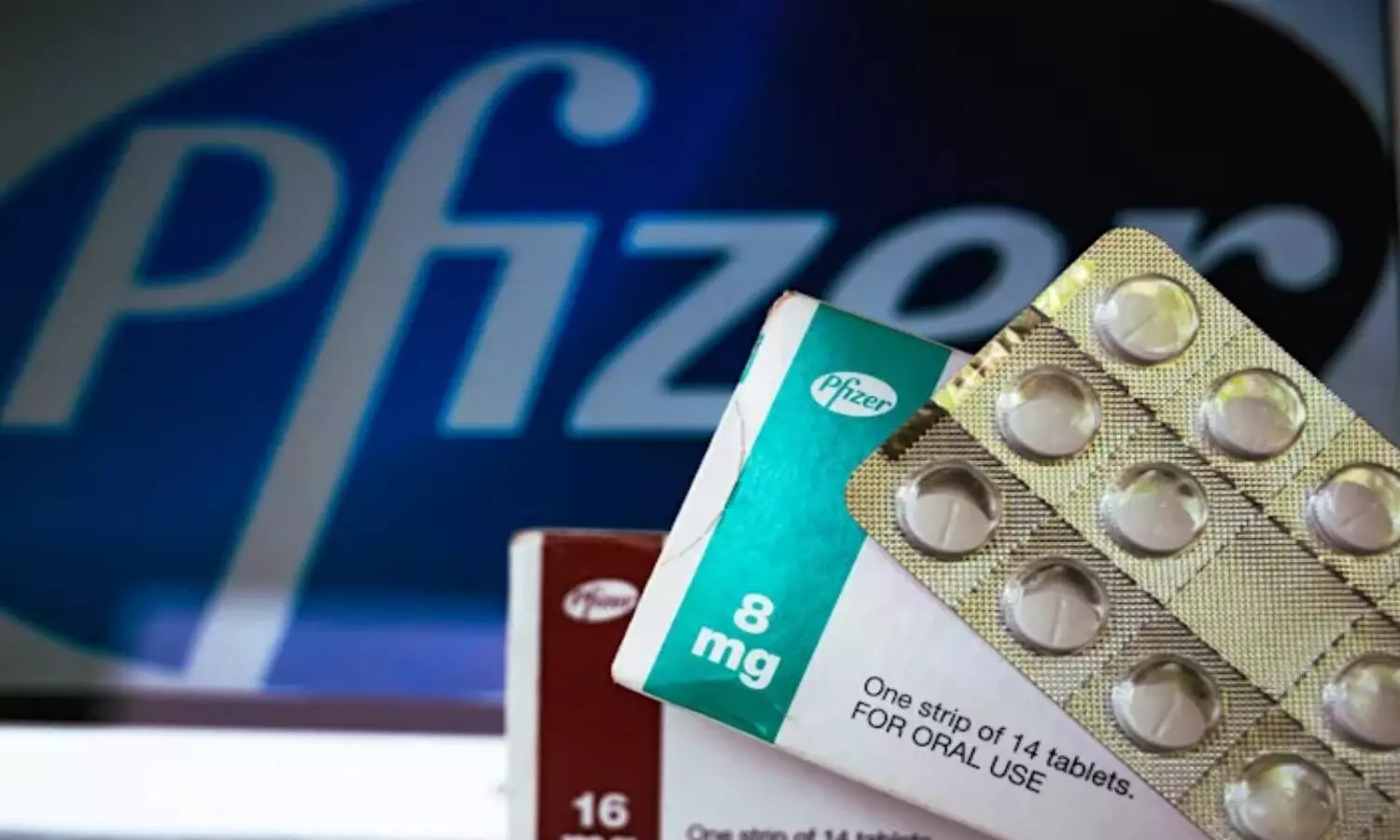Step by step comparison of Merck, Pfizer pills
Antiviral Covid drug
image for illustrative purpose

Hyderabad In an attempt to reduce the number of Covid-19 infected people, companies have come up with antiviral pills that have shown efficacy. Pfizer Inc and Merck & Co Inc experimental antiviral pills are being studied to see if they can prevent infection in people exposed to the virus.
This is how the two pills stand against each other.
Effective pills and drugs importance
Though trials provided by the two companies suggest that Pfizer is more effective pill, but they have not yet offered full data. Pfizer said on Friday that trial results showed that its pill reduced the chance of hospitalisation or death by 89 per cent in Covid-19 patients at risk for severe illness, given the treatment within three days of the onset of symptoms and by 85 per cent when given within five days of onset of the disease.
Merck on October 1 said its pill lowered the chance of hospitalisation or death by about 50 per cent in patients at risk for severe illness, given the treatment within five days of onset of the disease. These are for people infected with Covid-19 because disinfected are already preventing themselves with vaccines, So, importance matters to save a life when at risk.
The process
Both drugs are given for five days. Pfizer's regimen is three pills in the morning and three pills at night. Merck's drug is taken as four pills in the morning and four at night.
Pfizer's drug is part of a class known as protease inhibitors designed to block an enzyme that the Coronavirus needs to multiply
Merck's pill, developed with Ridgeback Biotherapeutics, is a nucleoside analogue with a mechanism of action that aims to introduce errors into the genetic code of the virus.
What do they say about safety
Both companies have released only limited data on the treatments, but expressed confidence in their safety.
Pfizer said about 20 per cent of patients who received either the pill or a placebo, experienced adverse events, mostly mild. Serious side effects were reported by 1.7 per cent of patients receiving the drug and 6.6 per cent of placebo patients.
Merck said 12 per cent of patients receiving its drug and 11 per cent of placebo patients experienced drug-related adverse events.
Drugs in the same class as Merck's pill have been linked to birth defects in animal studies. Merck has said similar studies of its drug – for longer and at higher doses than used in humans – show that it does not cause birth defects or Cancer.
Supplies worldwide
The companies are making efforts to expand global access to the drugs. Pfizer said it expects to produce more than 1,80,000 courses of its therapy by the end of this year, with production of at least 50 million planned for 2022. Merck has said it expects to produce 10 million courses of its drug by the end of this year, with at least 20 million set to be manufactured

